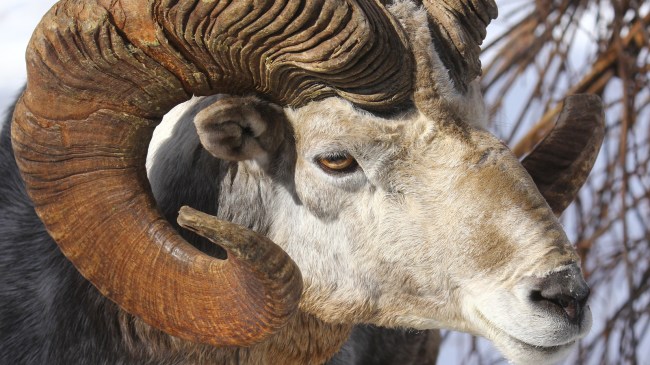iStockphoto
It’s been close to 30 years since scientists successfully cloned a sheep for the first time, and now, a Montana man is facing up to 10 years in prison for illegally doing the same to create a hybrid species in the hopes of drumming up business on his private ranch.
Montana is home to a number of expansive ranches (also known as “game preserves”) that offer hunters the chance to purchase packages that give them the right to roam enclosed patches of wilderness and take home a trophy in the form of an elk, deer, antelope, and the other animals that power that fairly lucrative industry.
That includes (or, perhaps more accurately, included) Schubarth Ranch, a 215-acre private preserve in the town of Vaughn run by Arthur “Jack” Schubarth, which the Department of Justice says specialized in “alternative livestock” including “mountain sheep, mountain goats, and various ungulates.”
Why did Schubarth Ranch attract the attention of that particular government agency? Well, as it noted in a press release issued earlier this week, the 80-year-old owner recently pled guilty to a couple of felonies after he was caught illegally importing sheep parts from Asia in order to clone and breed “giant sheep hybrids” to attract hunters.
The DOJ says Schubarth violated federal and state law by illegally importing parts of the Marco Polo argali sheep (a species native to Asia that can grow as large as 300 pounds) in 2013 and using the genetic material to clone an embryo that was inserted into the womb that eventually gave birth to a male sheep he dubbed the “Montana Mountain King.”
From there, Schubarth and some unnamed coconspirators harnessed artificial insemination to start a hybrid breeding program (which also involved selling the MMK’s sperm to other breeders) that operated for close to eight years before it attracted the attention of government officials.
Schubarth was ultimately charged with two violations of the Lacey Act (a bill passed in 1900 concerning the illegal trade of wildlife) and faces up to five years in prison for each count on top of the $250,000 fine he could be ordered to pay.

